39 why does salt water not freeze
Why does salt increase buoyancy? Freshwater has a normal density of about one gram per cubic centimeter. Low density makes it more difficult for objects and people to float. Salt increases water's density by changing its mass without significantly changing its volume. With enough salt in the water, a person will become buoyant and float. But why does something so simple and strange aid in curing us of our aching throats? Overall, gargling in general can help with a sore throat because it flushes the area of the throat. The salt is a good component to mix into the warm water because the salt draws moisture out of any bacteria in your throat and draws moisture out of your own ...
Does ice melt slower in salt water? The salted cube melts faster. When you add salt it dissolves into the water of the ice cube. The difference between the air temperature and the freezing point of salt water is bigger than the difference between the air temperature and the freezing point of freshwater.

Why does salt water not freeze
But very few people know why it is so as there is a lot of water around. The thing is that the sea water is saturated with such a composition that it is not suitable for the human body and does not quench your thirst. In addition, the sea has salt water which has a specific taste, bitter-salty, and for drinking, it does not fit. The Verdict: Yes, gargling with warm salt water really will soothe a sore throat. As it turns out, mom was right about this one: Gargling with warm salt water actually does provide symptomatic ... Give the water a taste once the salt has dissolved; it should taste briny, but not knock-you-over salty. For the sodium patrollers, at ease: Your pasta will not absorb the full tablespoon of salt. In fact, a pound of pasta is estimated to absorb only about a quarter of that amount.
Why does salt water not freeze. Hard water is packed with magnesium and calcium. As a result, mineral deposits and limescale starts to build up all over your house: in the sinks, in the showers, and even on your skin. Soft water replaces those magnesium and calcium ions with sodium ions. The result is soft water, loaded with salt. The salt is what makes the water feel slimy. Why Does Salt Water Help Wisdom Teeth? As a result of salt water, bacteria are unable to survive, and swelling is reduced by forcing moisture out of the cells in your mouth that are responsible for swelling. Wisdom teeth removal pain can be relieved by salt water rinses, which are recommended by many dental professionals. Why does salt make an egg float in water? The density of a material decides whether it will sink or float. Materials denser or heavier than a liquid will sink in it, and even liquid that is denser than another will sink. For example, an egg floats in salt water because the egg is less dense than the salt water. Why does salt water have a higher pH than freshwater? T he salt becomes soluble in the water, rather than reacting with it. The addition of salt causes the volume of the water to change. But since that salt does not release or bind to the water's hydrogen atoms to jumpstart a reaction, the pH level of the water will remain the same.
Why does salt not fizz when added to water? enough heat to ignite the hydrogen, which is why throwing sodium in water always results in an explosion. Sodium chloride doesn't react with water because it's already thoroughly reacted. A salt water pool shouldn't ever give off a chlorine smell but when it does, it's a sign that there is something wrong with the chlorine in the water. This smell typically occurs when there is a gap between the free chlorine available to sanitize the water and the total chlorine. A salt water mouth rinse is useful for a number of different reasons. It's a great option for anyone who has a sore throat, gum sores or recently underwent dental procedures. It doesn't take the place of modern dental hygiene, but is used as a supportive measure for adults and children alike. Why does salt draw out water? Written by Mahnoor Asghar on January 5, 2021 in Salt , Food FAQs In this brief guide, we are going to answer the question "why does salt draw out water" with an in-depth analysis of the reason why salt draws out water from different foods.
Austin. A: You're right that when the salt is dissolved in liquid water, it really is changed. It falls apart into positively and negatively charged ions. The positive ones (e.g. Na+) tend to be surrounded by contacts to negatively charged parts of water molecules (the oxygen part). The negative ones (e.g. Cl-) tend to be surrounded by contacts ... Salt absorbs water moisture because it is an ionic compound with strong attractive forces for the highly polar water molecules. This property means that salt is hygroscopic, meaning that it absorbs both liquid water and water vapor in the air. This process is actually the same one that occurs when salt is dissolved in water, except that in this case the salt predominates, so the interacting ... Why can salt dissolve in water? When salt is dissolved into the water, the covalent bonds between the water molecules overcome the ionic bonds between salt molecules. The negatively charged hydroxyl ions of the water molecules attract the positively charged sodium ions of salt molecules. Similarly, the negatively charged chloride ions of the ... Well, sadly, it is hardly true. Chemically speaking, salt really does raise the boiling point of water, but not at an appreciable rate. To better explain this, let's go back to basic science. SALT DOES NOT SIGNFICANTLY AFFECT THE COOKING RATE OF PASTA. The normal boiling point of water is 212°F (100°C), this is pure water at sea level.
Salt usage is dependent on the hardness of your area's water supply, the salt bag may be completely dissolved before 30,000 gallons of water have been treated. If the water softener is not used regularly, a salt bag can last for an entire year. It is important to monitor the salt level in the brine tank and add more salt as needed. When the ...
Why Does Salt Make Things Float? Objects float better in salt water than in fresh water because salt adds mass to water and makes it denser. This density causes objects to float better on the surface. The denser the water, the easier it is for objects to float on top. Less salt in water means things are not as buoyant, while more salt dissolved ...
Give the water a taste once the salt has dissolved; it should taste briny, but not knock-you-over salty. For the sodium patrollers, at ease: Your pasta will not absorb the full tablespoon of salt. In fact, a pound of pasta is estimated to absorb only about a quarter of that amount.
The Verdict: Yes, gargling with warm salt water really will soothe a sore throat. As it turns out, mom was right about this one: Gargling with warm salt water actually does provide symptomatic ...
But very few people know why it is so as there is a lot of water around. The thing is that the sea water is saturated with such a composition that it is not suitable for the human body and does not quench your thirst. In addition, the sea has salt water which has a specific taste, bitter-salty, and for drinking, it does not fit.

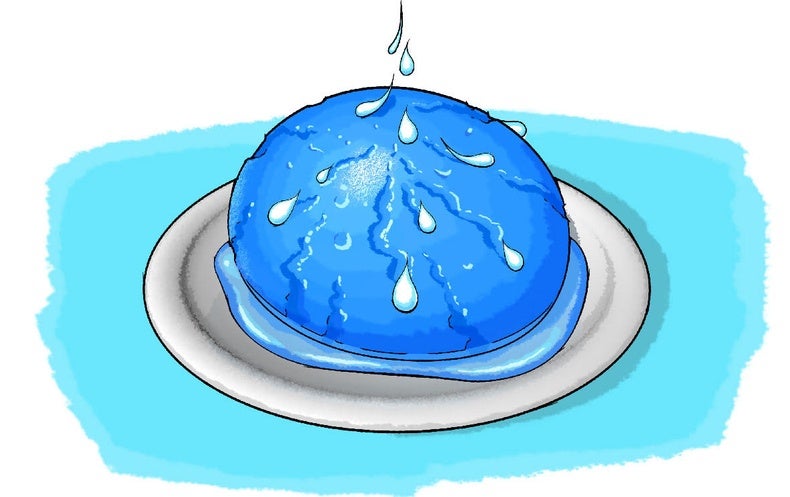



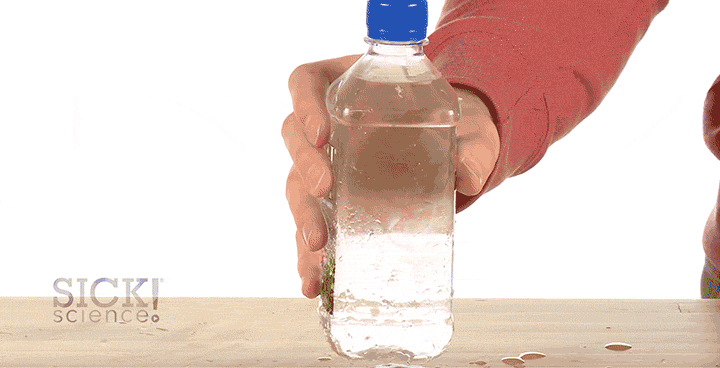
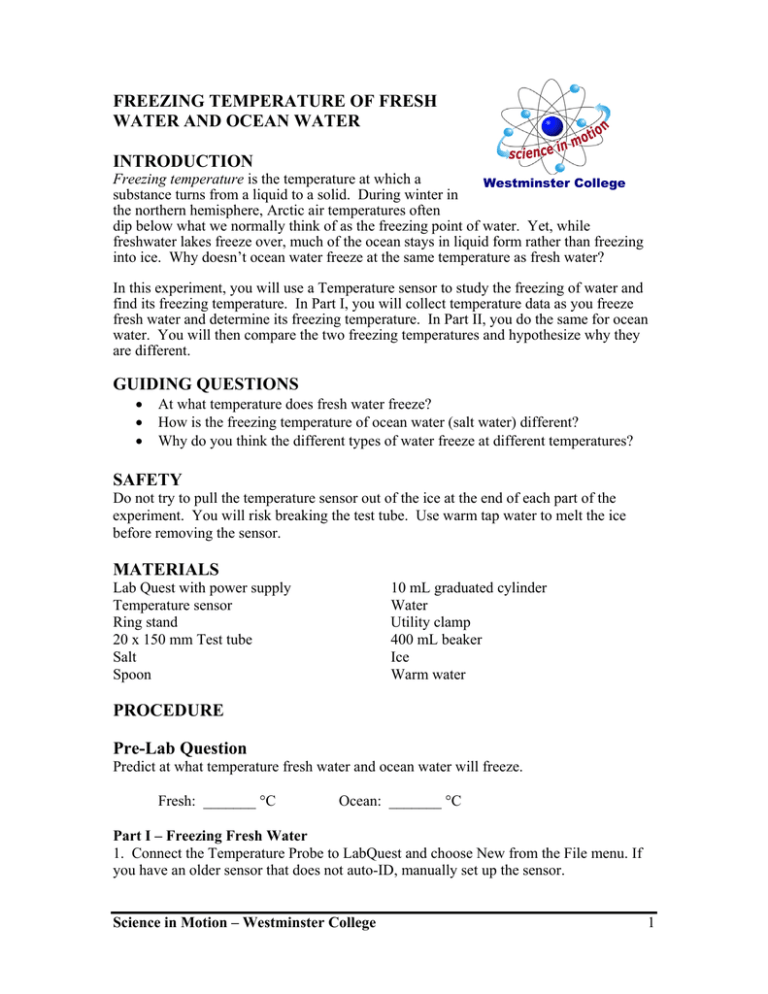
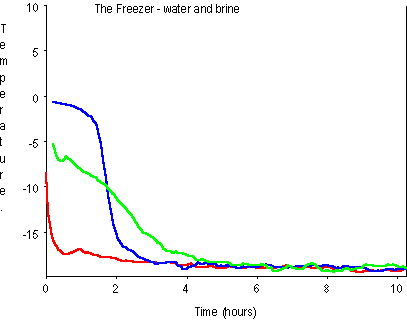






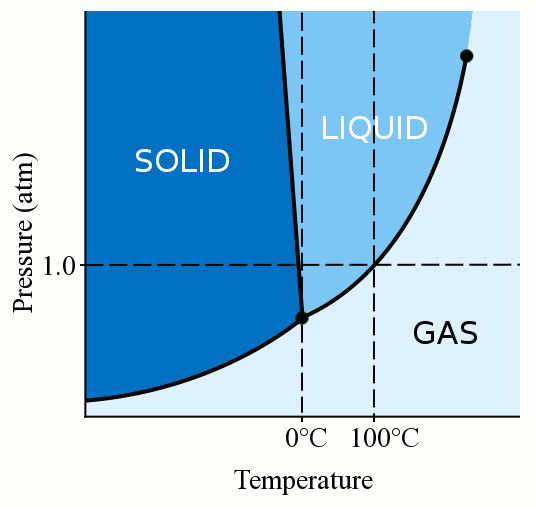
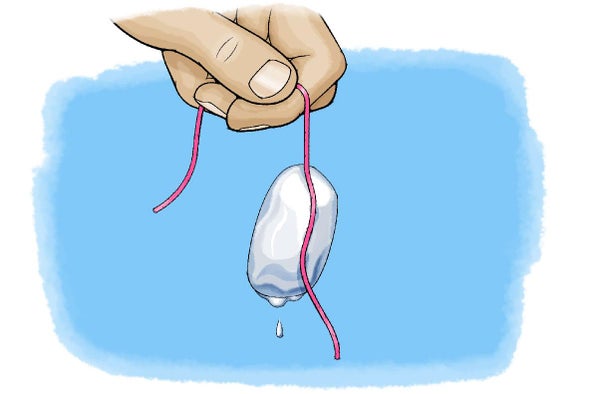
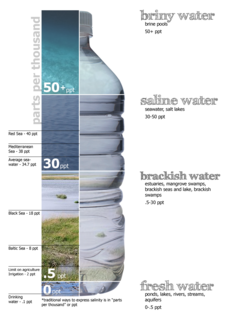

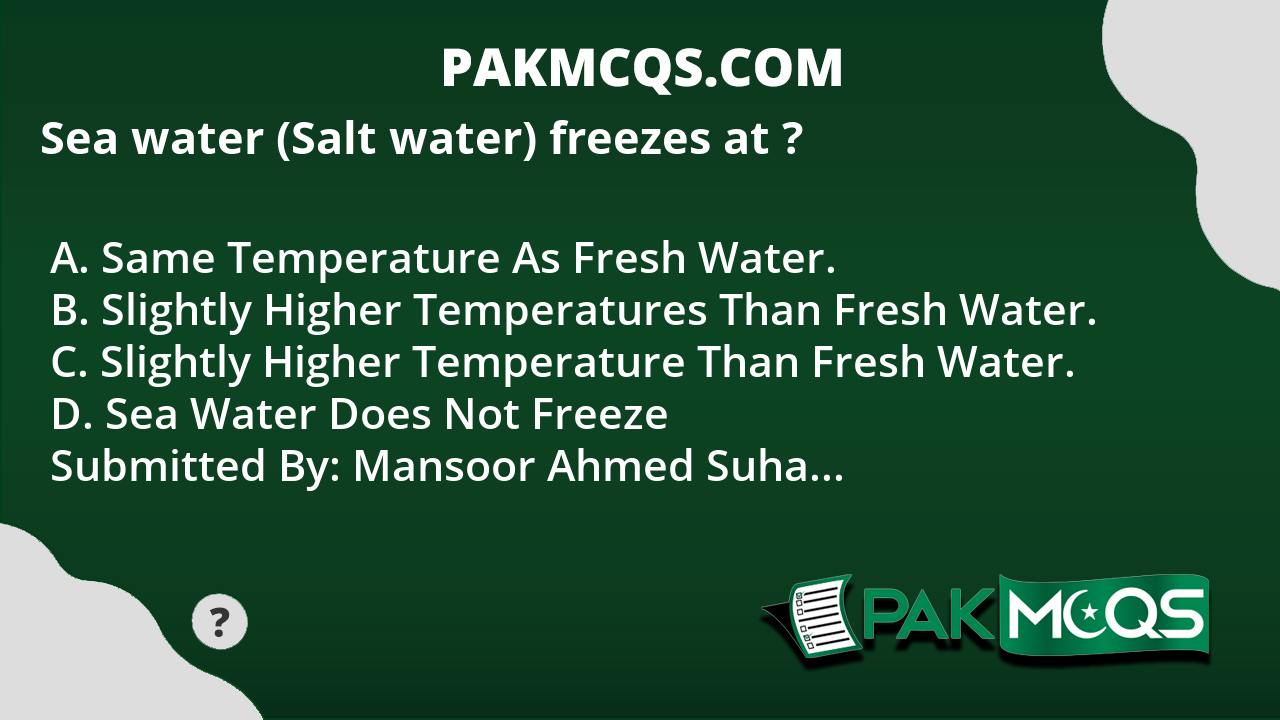

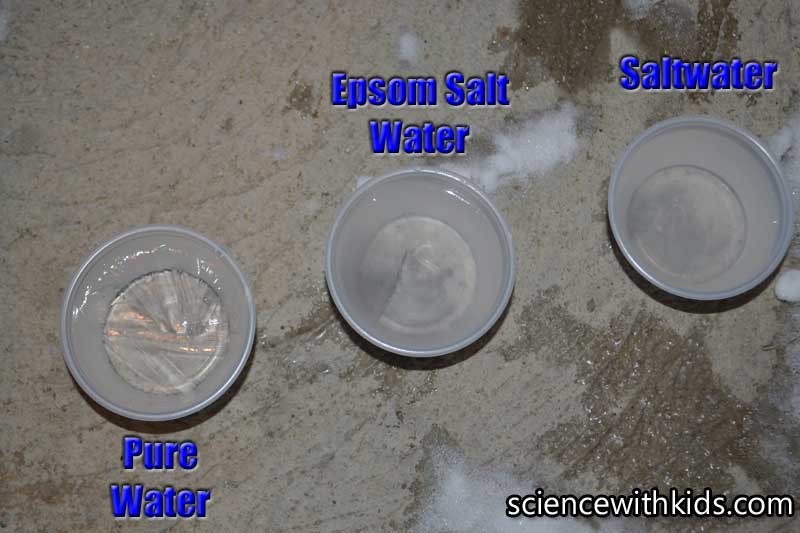

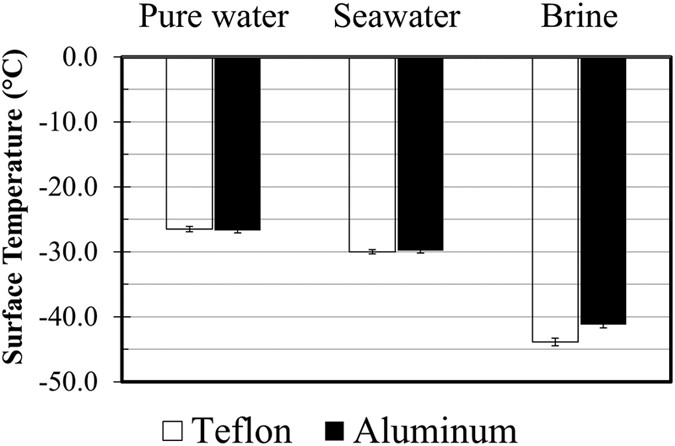


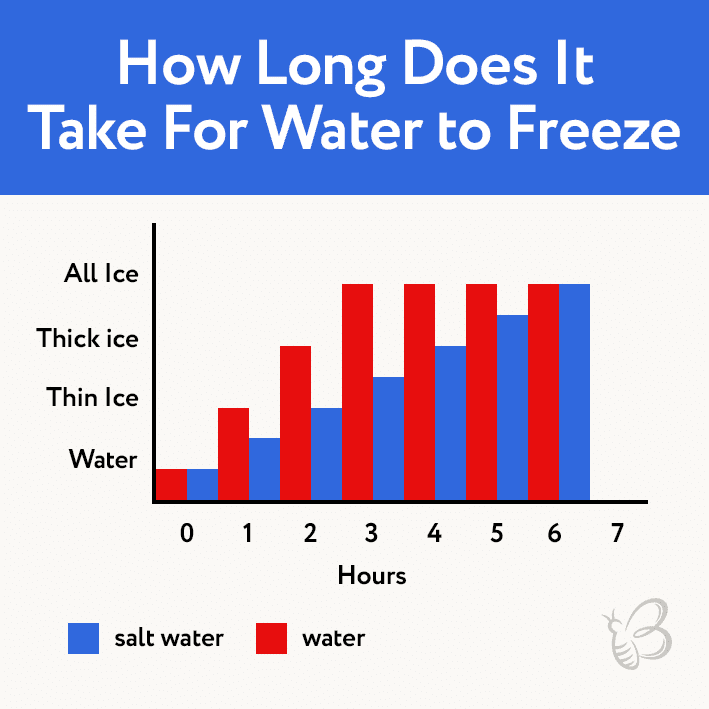



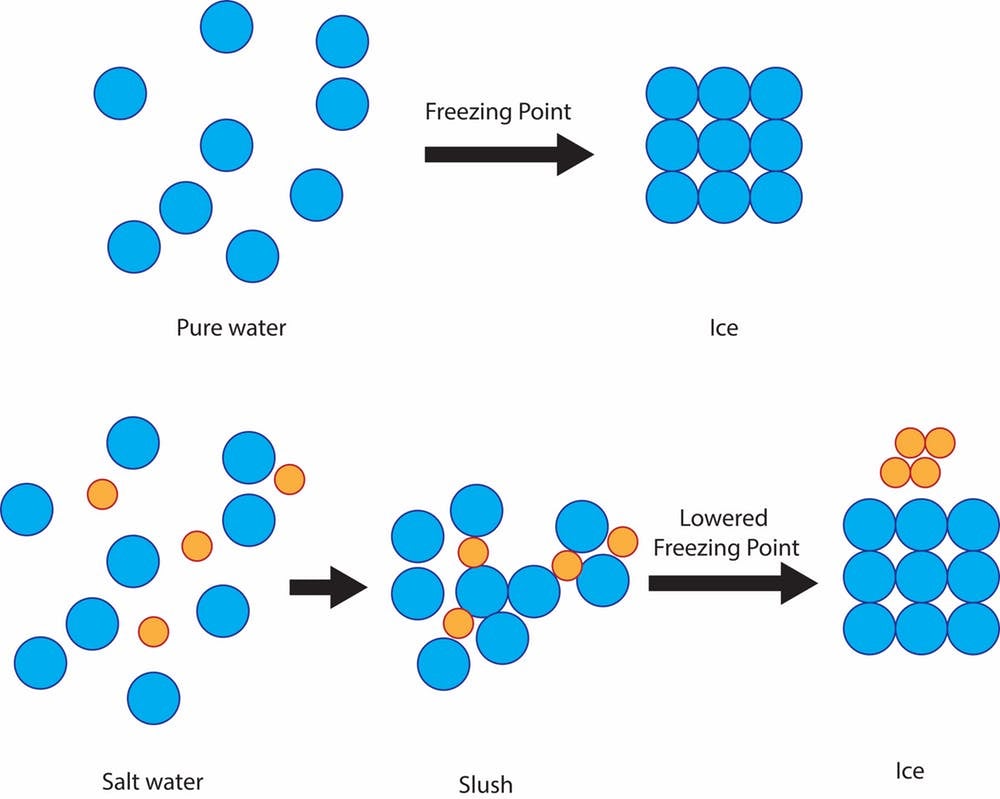

0 Response to "39 why does salt water not freeze"
Post a Comment